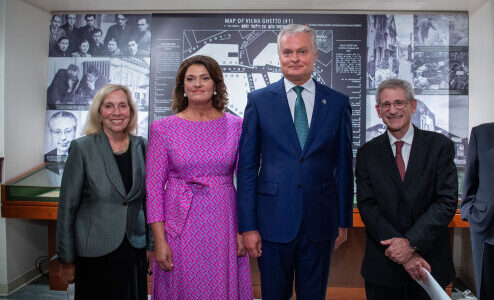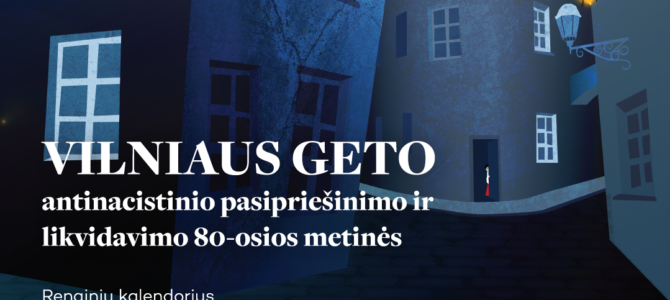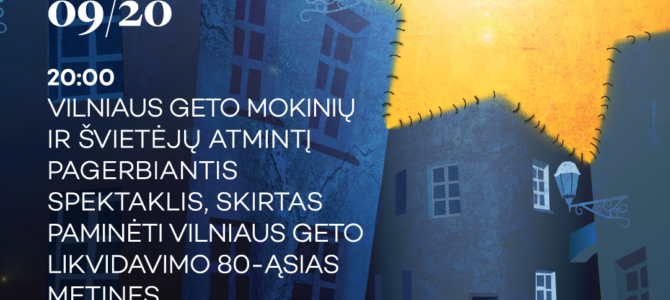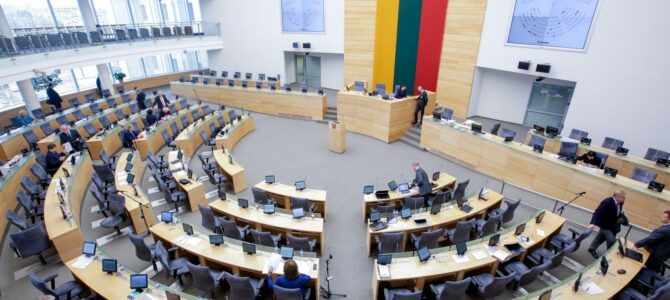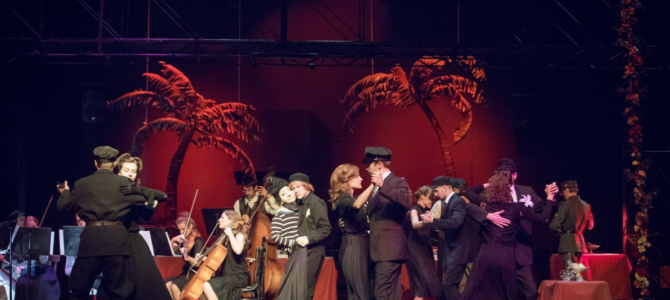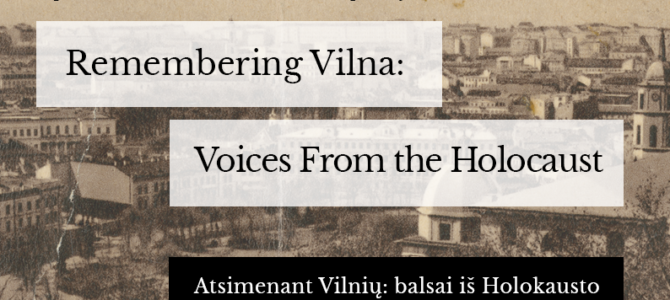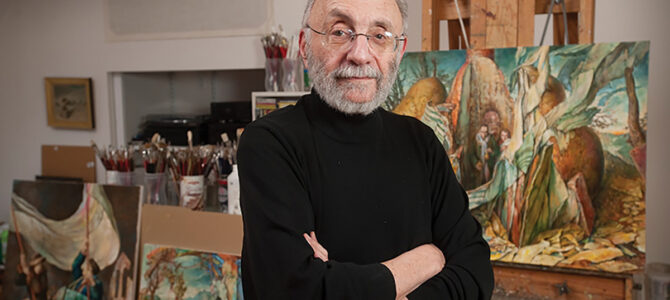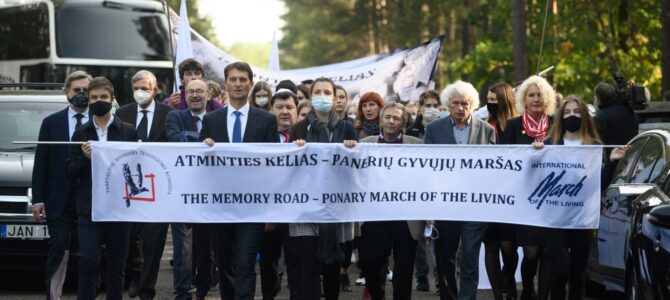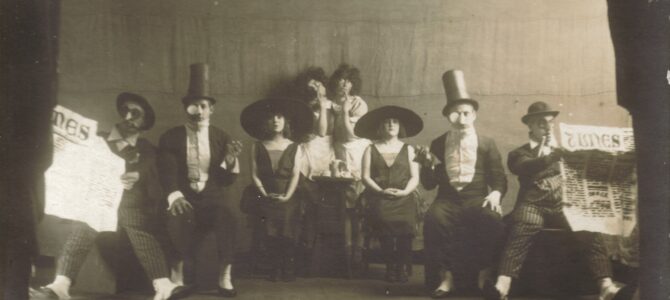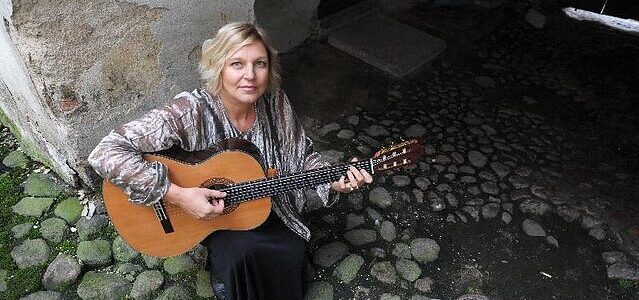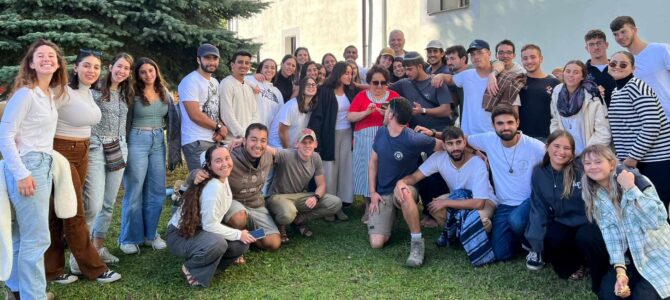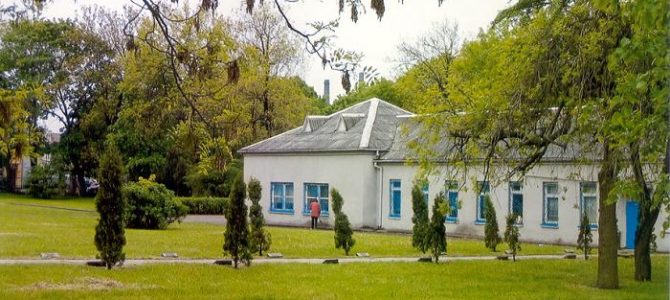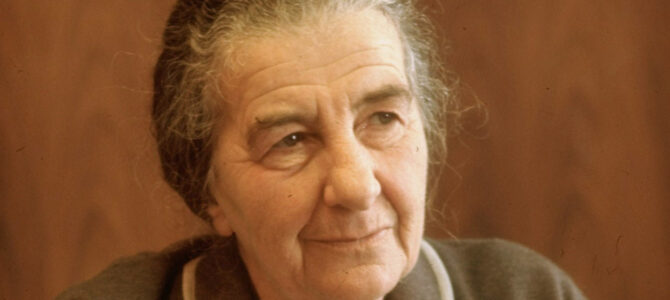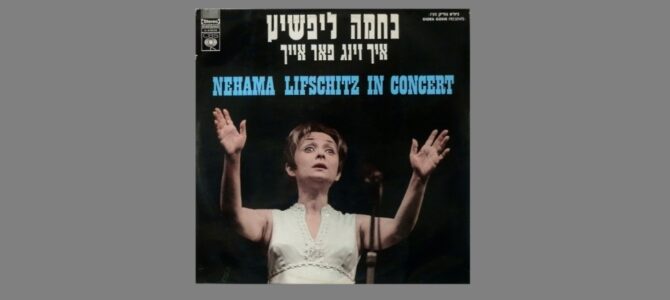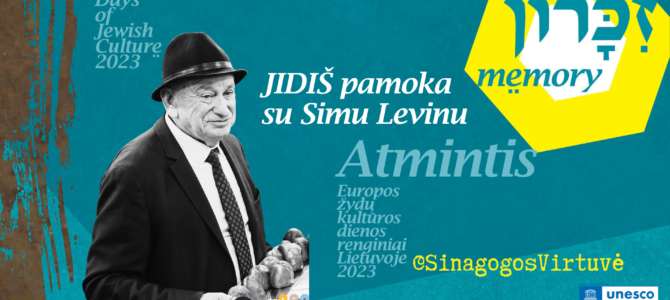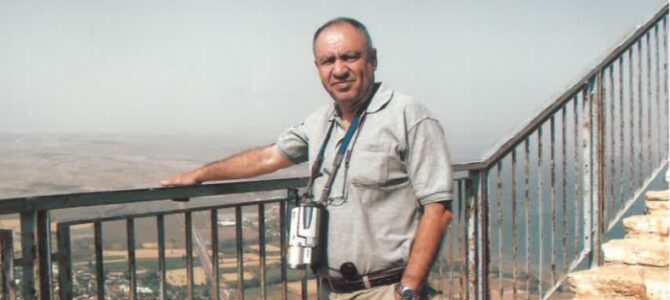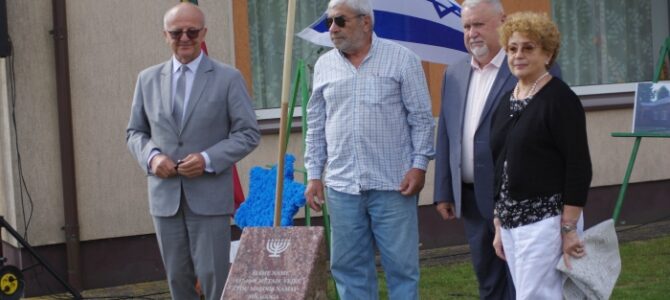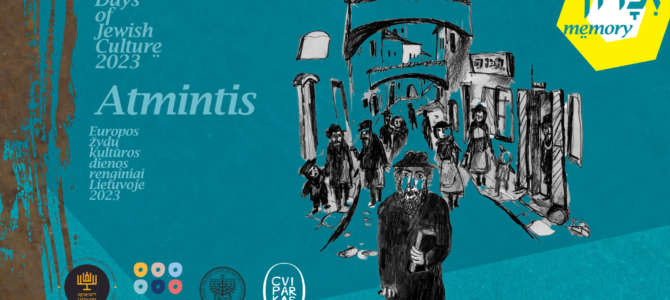by Yvette Alt Miller, August 24, 2023
There’s a lot you don’t know about Israel’s Iron Lady.
The new movie Golda depicts former Israeli prime minister Golda Meir’s day-by-day decisions during the Yom Kippur War of 1973. Viewers watch as Golda, played by Helen Mirren, juggles high-stakes diplomacy and brinkmanship over 19 excruciating days which defined her premiership. Israel ultimately won the war but with a terrible loss of life.
Here are 11 lesser-known facts about Golda Meir, one of Israel’s most famous founders.
1. Golda’s first memory was fearing for her life.
Born in Kiev, Ukraine in 1898, Golda spent her first eight years in the shadow of horrific antisemitism there. Her very first memory was of her father Moshe desperately trying to reinforce the entrance to the little house they shared with another Jewish family while a violent mob brayed for blood outside.
Golda later described:
I can still recall quite distinctly hearing about a pogrom that was to descend upon us… I knew it had something to do with being Jewish and with the rabble that used to surge through town, brandishing knives and huge sticks, screaming “Christ-killers” as they looked for the Jews and who were now going to do terrible things to me and to my family…to this day I remember how scared I was and how angry that all my father could do to protect me was to nail a few planks together while he waited for the hooligans to come. (Quoted from My Life by Golda Meir: 1975)
Golda later described that the fear of that terrible night never left her, and helped motivate her to build a Jewish state where Jews could live freely in safety.
2. Her namesake was a Jewish grandma with a will of steel.



